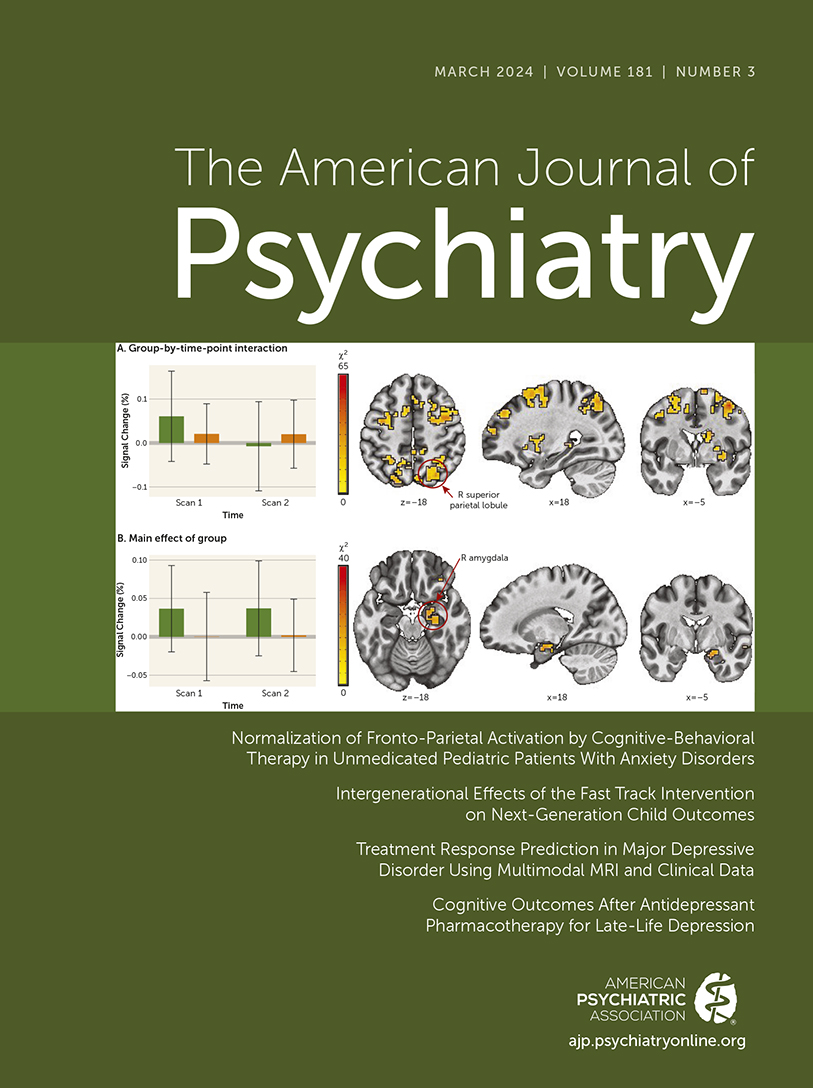Long-Term Use of Benzodiazepines and Benzodiazepine-Related Drugs: A Register-Based Danish Cohort Study on Determinants and Risk of Dose Escalation
Abstract
Objective:
The authors investigated the frequency and determinants of long-term use and risk of dose escalation of benzodiazepines and benzodiazepine-related drugs (benzodiazepine receptor agonists, or BZRAs).
Methods:
All adults ages 20–80 years living in Denmark on January 1, 2000 (N=4,297,045) were followed for redeemed prescriptions of BZRAs in the Danish National Prescription Registry from January 1, 2000, to December 31, 2020. For each drug class, we calculated long-term use for more than 1 or 7 years, and dose escalation measured as increase in dose to a level above the recommended level. Associations were examined using logistic regression.
Results:
The authors identified 950,767 incident BZRA users, of whom 15% and 3% became long-term users for more than 1 or 7 years, respectively. These percentages were highest for individuals who initiated Z-drugs (17.8% and 4%). Among the 5% of BZRA users who had at least 3 years of continuous use, there was no indication of dose escalation, as the median dose remained relatively stable. However, 7% (N=3,545) of BZRA users escalated to doses above the recommended level. Psychiatric comorbidity, especially substance use disorder, was associated with higher risk of long-term use and dose escalation.
Conclusions:
A limited portion of the population that received BZRA prescriptions were classified as continuous users, and only a small proportion of this group escalated to doses higher than those recommended in clinical guidelines. Thus, this study does not, under the current regulations, support the belief that BZRA use frequently results in long-term use or dose escalation.
Access content
To read the fulltext, please use one of the options below to sign in or purchase access.- Personal login
- Institutional Login
- Sign in via OpenAthens
- Register for access
-
Please login/register if you wish to pair your device and check access availability.
Not a subscriber?
PsychiatryOnline subscription options offer access to the DSM-5 library, books, journals, CME, and patient resources. This all-in-one virtual library provides psychiatrists and mental health professionals with key resources for diagnosis, treatment, research, and professional development.
Need more help? PsychiatryOnline Customer Service may be reached by emailing [email protected] or by calling 800-368-5777 (in the U.S.) or 703-907-7322 (outside the U.S.).



